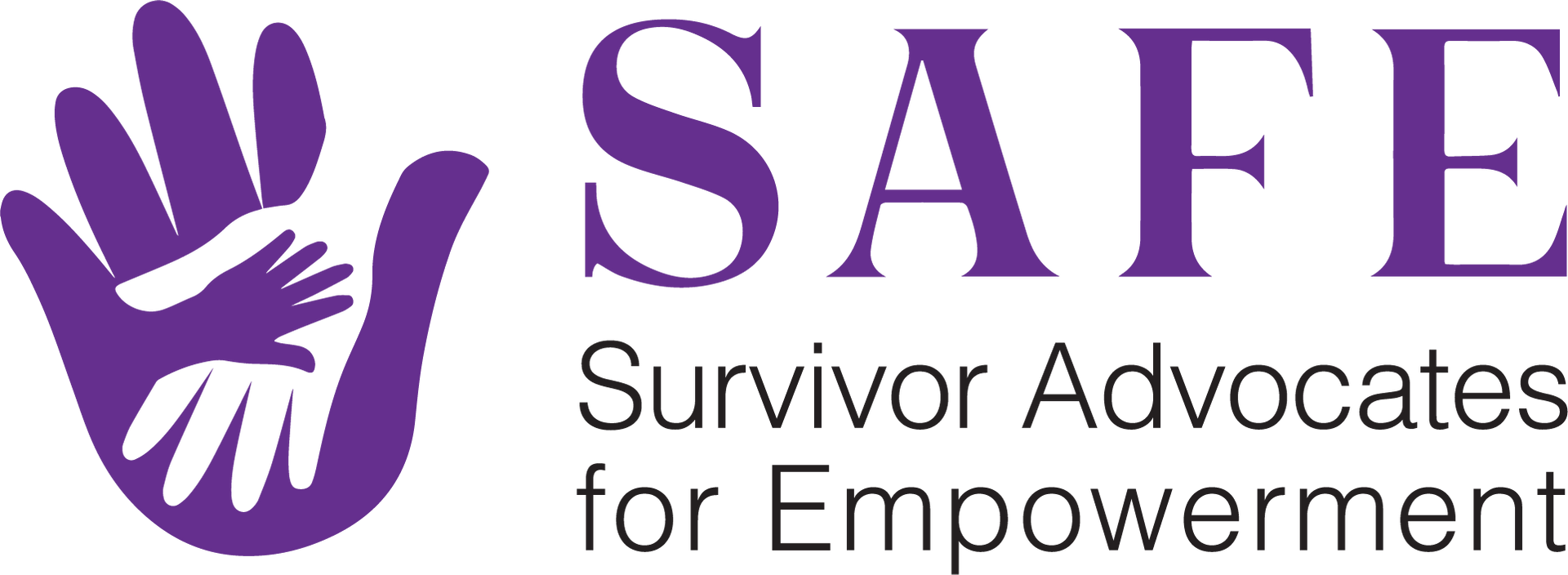Resources for Support and Safety
Support and resources for everyone
Resources
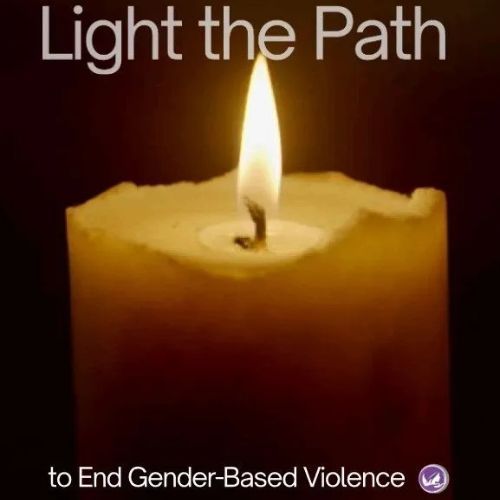
Light the Path to end Gender-Based Violence
“GBV is harm based on gender identity, including physical, emotional, sexual, or financial abuse. It stems from societal attitudes that view women, girls, and gender-diverse individuals as inferior.
Light a candle to show your solidarity with those affected by gender-based violence and ignite hope for a brighter future.”
You can also help by:
- Learning about GBV
- Spreading the message
- Make a contribution
- Participate in the #LightThePathChallenge - a campaign sponsored by Halton Women's Centre to raise awareness and funds to help end GBV
- To participate:
- Upload a video of yourself lighting a candle in solidarity with survivors of GBV
- Nominate 3 others to do the same
- Tag @womenscentreofhalton with the hashtag and include bit.ly/light-path in the caption
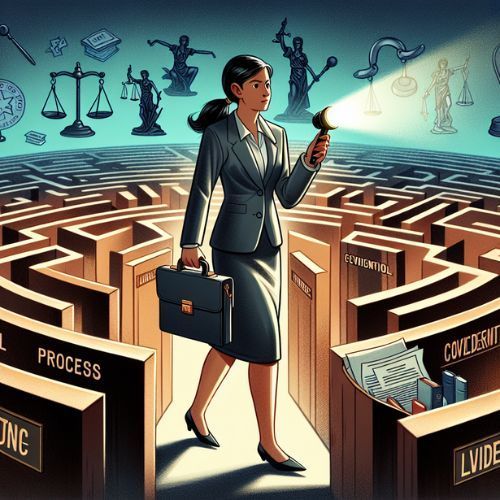
Coping & Self-Care While Navigating the Legal System
There are ways to cope and manage self-care while navigating the legal system - before and during legal proceedings.
Before legal proceedings:
- Identify your support network
- Prepare a playlist or meditation guide
- Learn and practice a few breathing exercises
During legal proceedings:
- Check-ins
- Dress Comfortably
- Grounding & Breathing
- Comfort items & photographs
- Other essentials
- If you are testifying
- Remind yourself of things to look forward to post-trial
- Seek professional help/support if needed
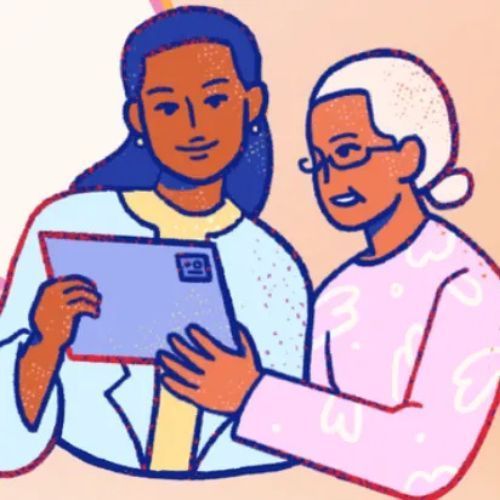
Ending gender-based violence requires survivor expertise.
Gender-based violence survivors provide knowledge, leadership, and guidance on the various forms and impacts of gender-based violence, as well as the successes and barriers they encounter in support-seeking and healing. In this way, survivors can be considered as holding specialized expertise on gender-based violence that cannot be acquired through any other source.
10 Ways To Invest in Survivor Experience:
- Building in funding and budgeting for continued work with survivors
- Respecting survivor's rights to control their own stories, including if, when, and how their stories are shared.
- Engaging survivors as paid consultants and employees at the same pay rate as other professionals doing similar work.
- Including lived experience as a form of expertise for positions and job advertisements.
- Avoiding tokenism by working with diverse survivors who have a variety of identities.
- Creating fair and equitable contracts for survivor work that includes consistent hours and compensation.
- Enhancing survivors’ skills relevant to programming, legislation, and research through professional development funding and mentorship.
- Accommodating the accessibility and personal requirements of survivors (e.g., time for appointments, childcare), many of which may be relevant to the violence they experienced.
- Offering regular feedback mechanisms including check-ins and supportive debriefs.
- Promoting survivors into leadership and executive positions.

You Can Help A Friend or Family Member Experiencing Gender-Based Violence
7 Ways You Can Help A Friend or Family Member Experiencing Gender-Based Violence:
- Listen patiently without judgment.
- Believe them.
- Validate their feelings.
- Be patient and keep constant communication.
- Encourage them to build a support network of family & friends.
- Help them make a safety plan.
- Don't give up on them.
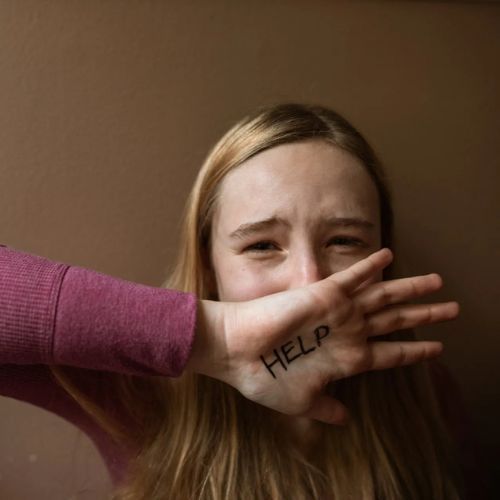
What makes an experience traumatizing
What makes an experience traumatizing is whether or not a person's brain is able to process it and consolidate it into a stable long-term memory that has a clear beginning, middle and end of the event.
Let's take a look at the four categories of trauma:
- Single Incident Trauma - Big T.
- Single Incident Trauma - Little t.
- Complex Trauma - Big T.
- Complex Trauma - Little t.

Taking care of oneself is essential for overall well-being.
Self-care is not selfish—it’s necessary for maintaining a balanced and fulfilling life.
Download our 12 steps to consider for your own self care.

Plan for your safety, especially if you are in an abusive relationship.
It's important to make a plan to keep you and your children safe.
Ask someone you trust to help you, or contact local services. Even if you're not planning to leave the relationship, a safety plan can help if the abuse gets worse. You may need to leave in a hurry. Take actions that make sense for you and are safe for you and your children.
5 steps to make your safety plan:

Clare's Law - The right to know if your partner has an abusive past.
Under Clare’s Law, you have the right to:
- Make an application to the police requesting information about your current or ex-partner, because you are worried they may have been abusive in the past and believe they may pose a risk to you in future.
- Request information from the police about the current or ex-partner of a close friend, neighbour or family member, because you are concerned that they might be at risk of domestic abuse in future.
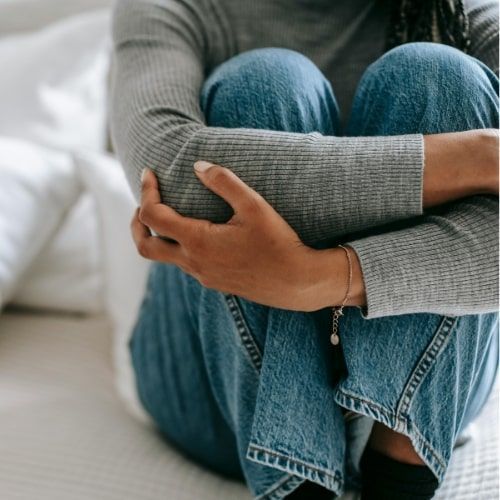
Tips to Help a Friend Who Has Been Sexually Assaulted
If a friend or loved one tells you that they have been sexually assaulted, it is likely one of the hardest things they have ever had to tell you. It may take weeks, months or even years to feel ready to talk about what has happened.
Most people have little experience helping someone through a traumatic event such as a sexual assault, so it is normal to be unsure of what to do. What is most important is that you care enough to want to help. Sexual violence affects not only the survivor of the violence, but also those close to them such as friends, partners and family members. If someone you know has been sexually assaulted, you may experience some of the same emotions as the victim. Your love, support and understanding is what your friend needs.
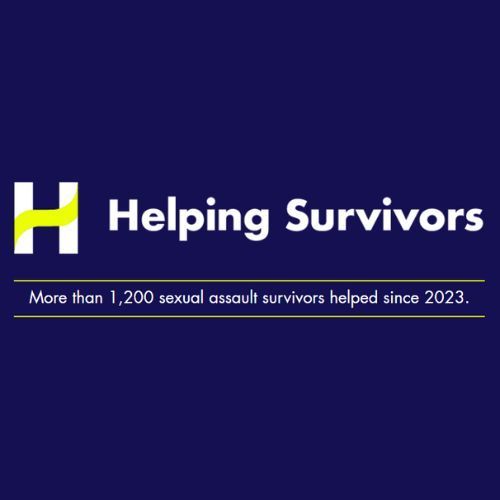
Helping Survivors
More than 1,200 sexual assault survivors helped since 2023.
Helping Survivors is a free resource hub and proud partner of RAINN. Their mission to help heal, educate, and empower people who have been impacted by sexual abuse, assault, or harassment. They not only provide educational resources, but can also answer any questions survivors may have as they move forward.
Almost two thirds (64%) of people in Canada know a woman who has experienced physical, sexual, or emotional abuse
- Canadian Women’s Foundation
See Our Upcoming Events
Join SAFE at upcoming events dedicated to empowering survivors, raising awareness, and fostering community connections. From workshops to advocacy initiatives, these events provide opportunities to learn, support, and take action against gender-based violence.
Subscribe to the SAFE Newsletter
Stay connected with SAFE! Subscribe to our newsletter for updates on events, inspiring stories, and ways to support survivors. Join our community and be the first to learn how we’re making a difference together.
Download the SAFE Information Package
Learn more about SAFE’s mission, programs, and impact. Download our information package to discover how we empower survivors, raise awareness about gender-based violence, and foster meaningful change. Join us in creating a safer, more supportive community.
Survivor Advocates of Empowerment. All Rights Reserved.
